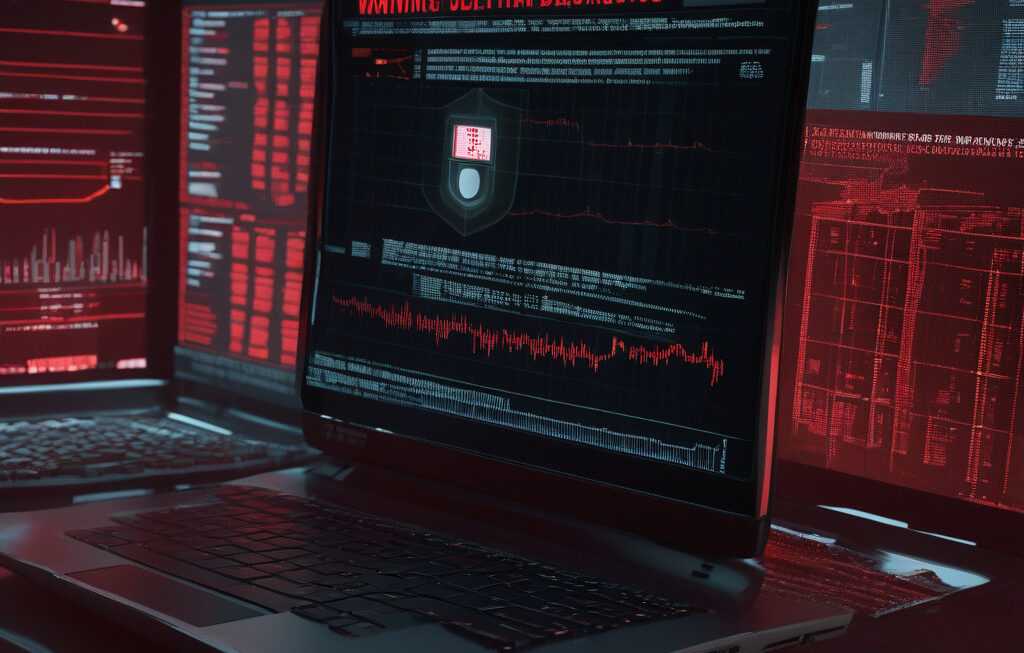Russian Hackers Target NGOs with Fake Video Calls
Amidst the increasing digital threats faced by organizations worldwide, a new insidious tactic has come to light. Recent reports from cybersecurity researchers have unveiled a targeted phishing campaign aimed at non-governmental organizations (NGOs) working on Ukraine and human rights issues. The attackers behind this campaign, suspected to be Russian hackers, are utilizing fake video call links to gain unauthorized access to sensitive information.
The modus operandi of this cyber threat involves sending phishing emails to employees of the targeted NGOs. These emails contain seemingly legitimate video call links, luring recipients into clicking on them. Once clicked, the links redirect the users to fake login pages designed to mimic Microsoft 365, a widely used platform for email and document management. Unsuspecting victims then enter their login credentials, unknowingly handing them over to the hackers.
By compromising Microsoft 365 accounts, the cybercriminals can potentially access confidential emails, sensitive documents, and other critical data stored by the NGOs. This breach not only jeopardizes the security and privacy of the organizations but also poses a significant risk to the individuals and causes they support.
The implications of such targeted attacks are far-reaching and alarming. NGOs play a crucial role in advocating for human rights, providing humanitarian aid, and supporting marginalized communities. Any compromise of their systems not only undermines their operational integrity but also threatens the safety and well-being of those they serve.
In response to this emerging threat, cybersecurity experts emphasize the importance of vigilance and proactive measures. Employee training on recognizing phishing attempts, implementing multi-factor authentication, and regularly updating security protocols are among the recommended strategies to enhance resilience against such attacks.
Furthermore, collaboration and information sharing within the NGO sector and with relevant cybersecurity authorities are essential to collectively address and mitigate the risks posed by malicious actors. By staying informed, remaining vigilant, and adopting robust cybersecurity practices, organizations can bolster their defenses against evolving threats in the digital landscape.
As the digital landscape continues to evolve, so do the tactics employed by malicious actors seeking to exploit vulnerabilities for their gain. The targeting of NGOs focused on critical issues like Ukraine and human rights underscores the need for enhanced cybersecurity measures and collective action to safeguard against such threats. By staying one step ahead and fostering a culture of security awareness, organizations can better protect themselves and the communities they serve from falling victim to cyber attacks.
In conclusion, the phishing campaign using fake video call links to compromise Microsoft 365 accounts of NGOs highlights the pressing need for heightened cybersecurity measures and collaborative efforts to defend against targeted threats. As defenders of noble causes and champions of social justice, NGOs must prioritize safeguarding their digital assets to uphold their missions effectively in an increasingly interconnected world.
Russian hackers, phishing campaign, NGOs, cybersecurity, Microsoft 365 accounts












